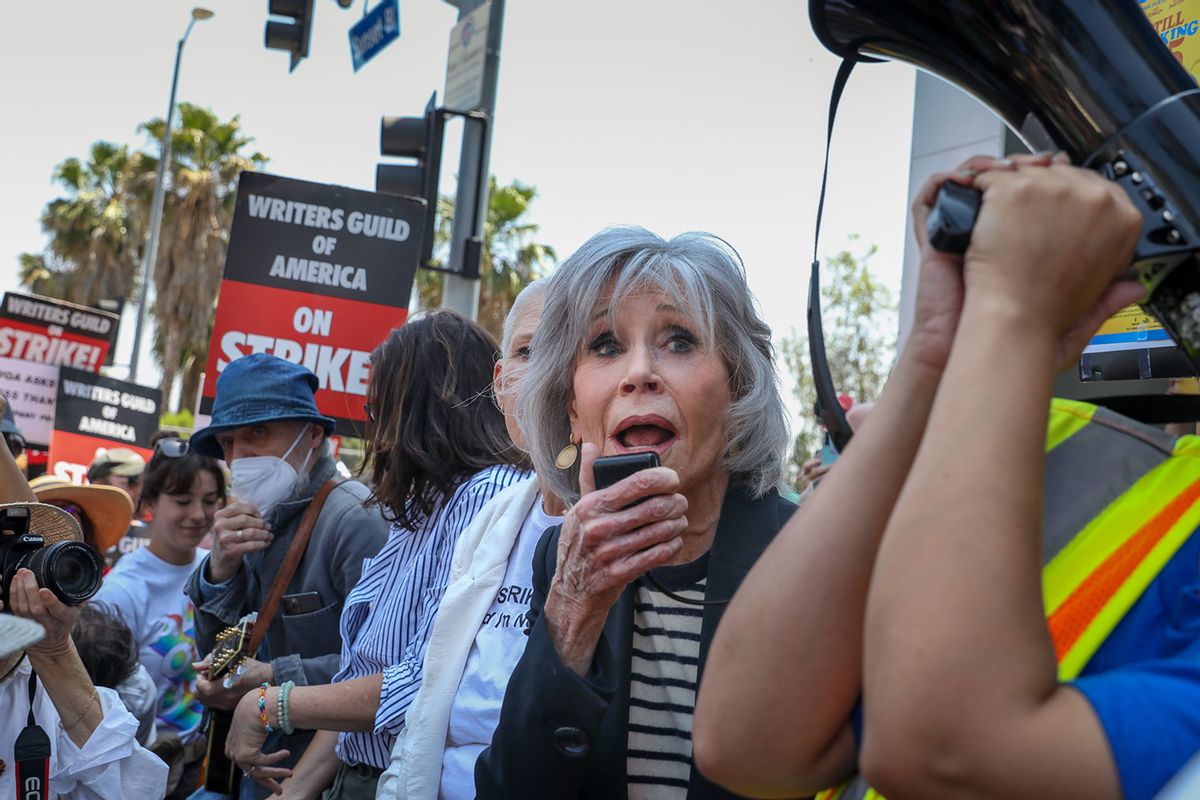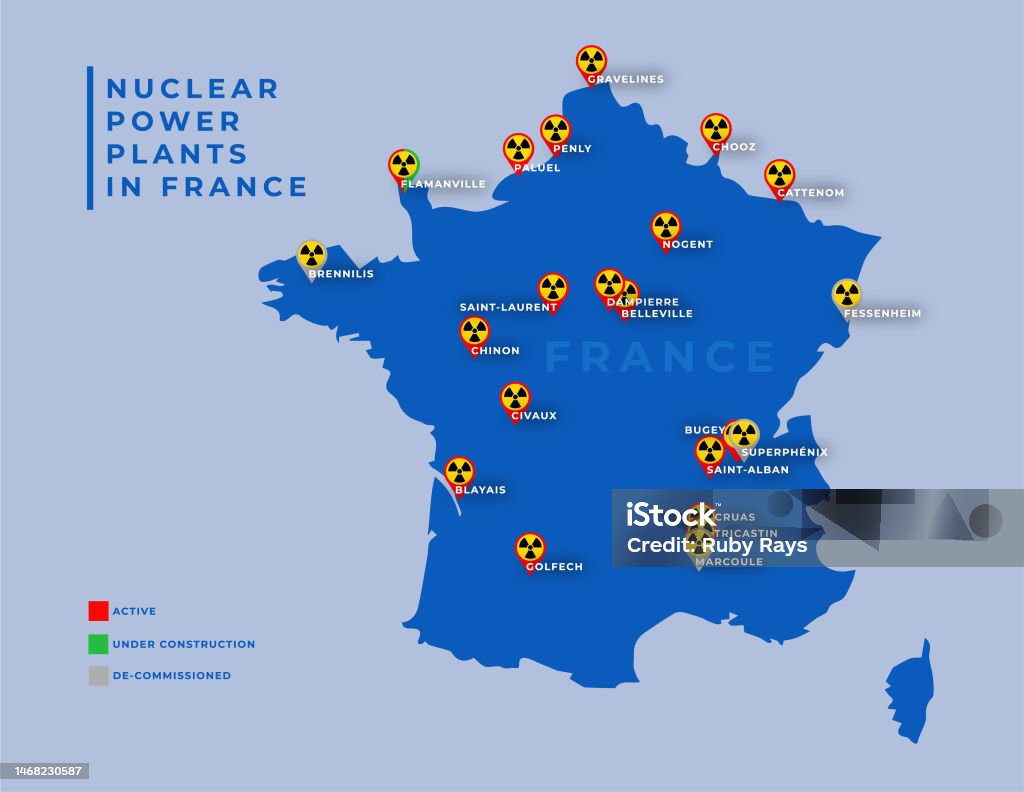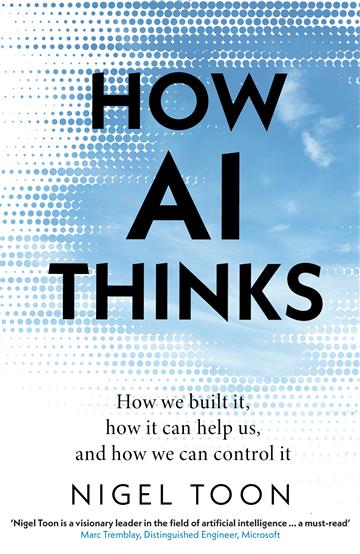Actors And Writers Strike: What It Means For Hollywood's Future

Table of Contents
Key Demands of the Actors and Writers Strikes:
Fair Wages and Residuals in the Streaming Era:
The rise of streaming platforms like Netflix, Disney+, and HBO Max has drastically altered the compensation model for actors and writers, leading to significantly reduced residuals compared to traditional television and film distribution. The old system of syndication and DVD sales provided a steady stream of income for performers and writers long after a show's initial run. Streaming, however, often offers a single payment, regardless of a show's massive popularity.
- Lack of transparency in streaming viewership data: Studios often withhold crucial data about viewership numbers, making it difficult for actors and writers to negotiate fair compensation based on actual performance.
- Inadequate profit sharing: The current profit-sharing models often benefit studios disproportionately, leaving actors and writers with a small fraction of the revenue generated by their work.
- The need for a fair system that reflects the impact of streaming on content consumption: The unions are demanding a system that fairly compensates them for the massive consumption of their work on streaming platforms. This includes a more transparent system of reporting viewership and revenue.
This disparity is a central point of contention in the strike. Actors and writers are demanding minimum wages that reflect the cost of living in major entertainment hubs, and a revised residuals system that fairly compensates them for the ongoing revenue generated by their work on streaming services. For example, a successful streaming show may generate billions in revenue for the studio, yet the actors and writers who created it might only receive a fraction of what they would have earned under the old model.
Protecting Creative Control and Preventing AI Exploitation:
The use of artificial intelligence (AI) in scriptwriting and performance is another major concern for both writers and actors. The rapid advancement of AI technologies raises serious questions about the future of human creativity and the potential displacement of workers.
- Fears of AI replacing human creativity: Writers fear that AI could be used to generate scripts, reducing the need for human writers and potentially diminishing the quality and originality of storytelling.
- Concerns regarding the unauthorized use of actors' likenesses: Actors are concerned about the potential for studios to use AI to recreate their likenesses without their consent or compensation, undermining their careers and creative control.
- The need for contractual protections against AI exploitation: Both unions are demanding clear contractual protections that limit the use of AI and ensure fair compensation if their work is used in AI-generated content.
The use of AI represents a fundamental shift in the power dynamics between the studios and creative talent. The unions are actively seeking guarantees that their work will not be replaced by AI and that they will be compensated fairly if their work is used in AI-related projects. This is a crucial aspect of the strike and represents a critical discussion for the future of the entertainment industry as a whole.
The Impact of the Strike on Hollywood Production:
Production Shutdowns and Delays:
The strike has brought nearly all major film and television production to a standstill, impacting thousands of workers beyond the writers and actors themselves.
- Delayed release dates for upcoming movies and TV shows: Numerous projects, from major studio releases to independent films, are facing significant delays.
- Disruption to post-production work: Even projects already filmed are facing delays as editors, sound designers, and other post-production personnel are affected by the lack of new work.
- The financial impact on studios and production companies: The prolonged strike is costing studios and production companies millions of dollars daily.
The ripple effect of the strike is vast. From catering companies to location scouts, countless individuals and businesses are feeling the economic impact. The longer the strike lasts, the more severe the financial repercussions will be for the entire industry.
The Long-Term Effects on Content Creation and Diversity:
The strike's impact on content creation extends beyond immediate production halts.
- Potential delays in releasing diverse stories and representation of underrepresented communities: The slowdown in production could disproportionately affect projects focused on diverse stories and creators, potentially hindering progress towards greater inclusivity in the industry.
- The impact on emerging writers and actors who rely on ongoing production: New talent often relies on consistent work to build their careers. The strike could create significant hurdles for those seeking to enter the industry.
The potential for a decline in the quantity and diversity of content produced during and after the strike is a significant concern. This could have long-term ramifications for the representation of various communities and the overall creative landscape of Hollywood.
Potential Outcomes and Negotiations:
Scenarios for Resolution and Compromise:
The strike's outcome depends entirely on negotiations between the unions (WGA and SAG-AFTRA) and the Alliance of Motion Picture and Television Producers (AMPTP).
- Different potential outcomes: The spectrum ranges from a complete victory for the unions, securing all their demands, to partial concessions or a prolonged stalemate that could last for months or even years.
- Possible compromises: Both sides may need to compromise on certain issues to reach an agreement. This could involve phased implementations of new payment models or a gradual adoption of AI safeguards.
- The likelihood of each outcome: The strength of each side's position, public opinion, and the willingness to compromise will determine the eventual outcome.
The negotiation process will be complex, involving multiple stakeholders and potentially intense pressure from all sides.
The Future of the Entertainment Industry and Labor Relations:
This strike has the potential to fundamentally reshape the power dynamics between studios and creative workers.
- Potential long-term changes in compensation models: The strike could lead to significant changes in how actors and writers are compensated, potentially establishing more equitable and transparent payment structures.
- Work conditions: Improved work conditions, including better protections against excessive workloads and unreasonable demands, might become a key component of future contracts.
- Labor relations: The strike might usher in a new era of collaboration and dialogue between studios and unions, establishing healthier labor relations for the long term.
The actors and writers strike is not just a labor dispute; it's a pivotal moment that could redefine the landscape of the entertainment industry for decades to come. The long-term effects on labor relations, compensation models, and the use of AI are far-reaching and uncertain.
Conclusion:
The ongoing actors and writers strike is a watershed moment for Hollywood. The demands for fair wages, protection against AI exploitation, and a more equitable distribution of profits highlight deep-seated issues within the entertainment industry. The strike's outcome will significantly impact the future of film and television production, potentially reshaping labor relations and the very nature of content creation. It's crucial to stay informed about the developments in this ongoing conflict and understand how the actors and writers strike will ultimately reshape Hollywood's future. Keep following the news for updates on the actors and writers strike to stay informed about its impact on the industry.

Featured Posts
-
 Get Capital Summertime Ball 2025 Tickets Tips And Strategies
Apr 29, 2025
Get Capital Summertime Ball 2025 Tickets Tips And Strategies
Apr 29, 2025 -
 Anchor Brewing Company To Shutter A Legacy Ends After 127 Years
Apr 29, 2025
Anchor Brewing Company To Shutter A Legacy Ends After 127 Years
Apr 29, 2025 -
 10 New Nuclear Reactors Approved In China Implications For Energy And Growth
Apr 29, 2025
10 New Nuclear Reactors Approved In China Implications For Energy And Growth
Apr 29, 2025 -
 How Ai Thinks A Surprisingly Simple Explanation
Apr 29, 2025
How Ai Thinks A Surprisingly Simple Explanation
Apr 29, 2025 -
 Cost Cutting Measures Surge In U S Due To Tariff Uncertainty
Apr 29, 2025
Cost Cutting Measures Surge In U S Due To Tariff Uncertainty
Apr 29, 2025
